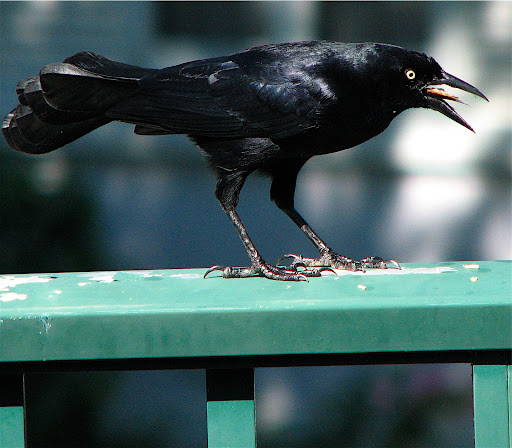
A few days ago I wrote about why I'd stopped reading PostSecret, concluding that it's grown past its initial positive impact, and is in danger of moving into scandalous voyeurism, if not also normalizing shameful behavior.
PostSecret Frank ("Yes, that Frank." as he assured me) weighed in on the matter in comments:
Thanks for your thoughtful comments.Funny, but I really didn't expect to hear from him. It never occurred to me that he'd be interested in reading why I don't read PostSecret anymore. The jaded bit of me thinks:
All publicity is good publicity.and:
Of course he'd be interested, if only as a blueprint to attract more readers! Knowing what not to do is almost as good as knowing what to do. . . .But no. I think Frank really is interested, because I think he started this project with a good heart, and for a good purpose. It's taken on a life of its own, though. I wonder if he'd noticed? Perhaps he was beginning to feel a bit uncomfortable with where things were heading?
I can't help but wonder if it'll make a difference. But no, I still won't be reading it anymore. I don't think there's a way to retrieve this, once the feeding frenzy of public guilt assuagement has commenced.
Lee Anne makes the insightful point that, "by sharing [public confession], you're dispersing the burden of responsibility/guilt."
WARNING: explicit theological content follows. Proceed at your own risk.
It seems to me that we might get some insight into this phenomenon by looking at the role of confession in Christianity. The Catholics, of course, involve another human being in the process: the priest. But the contents of the confessional are held in strictest confidence. (we've all seen examples of that, if no where else, in Law & Order and CSI, where the priest knows whodunit, but can't say because of the priest/penitent rules of confidentiality. . . .)
Alternatively, there's the "group confession" that takes place in the formal order of service, where everybody recites their individual and collective guilt of grievous offenses - but note: no details are given.
So, from the Christian side, confession is dealt with corporately (no details disclosed) and/or privately (where details are given, but then never referred to again). The cleansing agent is Divine forgiveness: the "do-over" and fresh start.
We see a different dynamic in the thought of Nietzsche, of course, as well as Sigmund Freud. There, ultimately it is the feeling of guilt itself that is attacked, rather than the erasure of guilt by the transcendent Creator. Where there is no guilt, there is no need of forgiveness. That requires, however, that we undo what we have held to be wrong, or bad. One way of doing that is to rehearse the disclosure of "bad" actions without attaching a corresponding condemnation for the act. Instead, we applaud the disclosure itself as "brave". Eventually, it appears the hope is that the underlying "bad" act will cease in our minds to be "bad."
There are a lot of variations on this theme, but this is enough for my present purposes.
For myself, I think I'd rather work on forgiveness of my bad acts, rather than working on dismantling my ethical convictions so that I won't notice my bad acts - or ultimately find in them an opportunity for pursuing cyber-celebrity by disclosing them in the most entertaining or artistic fashion, hopeful of being selected for publication in PostSecret. . . .
And now note this important DISCLAIMER: this is no way implies that all people submitting "secrets" to PostSecret are "bad" people, or that they're attempting to dismantle their ethical systems, or that they should rather go to a Catholic church and take advantage of the confessionals there (or an Anglican one, and confess "corporately"), or that Freud is a fraud, or that I don't like Frank ("yes, that Frank.").
It is an analysis of what seems to me to be the changing face of PostSecret, and thoughts on questions of guilt and how to be rid of it.
I'm glad you found my comments "thoughtful", Frank. I found them rather disturbing, myself.
best wishes,
prophet.


No comments:
Post a Comment